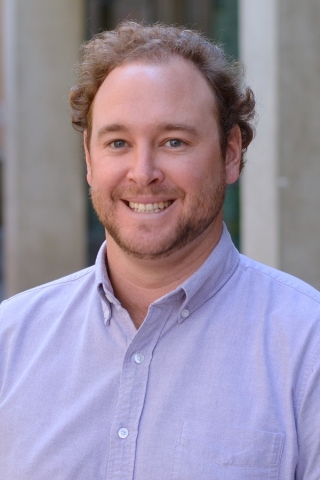
Date:
Location:
Speaker:
Abstract:
The use of heterogeneous catalysts for chemical conversions relies on the design of active catalytic sites consisting of metal nanostructures supported on high surface area oxide materials. Key to design of these systems is the identification of active site geometries and compositions that are optimized for desired catalytic reactions. In this talk I will focus on examples of research from my group where we elucidate atomic scale details associated with active site characteristics on supported metal catalysts that suggest pathways toward optimization of catalytic performance. In the first example, I will discuss the potential sustainable usage of Pt-group metal catalysts by reducing dimensionality of the active metal structure from few nanometer diameter nanoparticles to single metal atoms. We developed an approach combining solution-based synthesis and IR spectroscopy that allows us to unambiguously characterize the reactivity of single Rh and Pt atoms on oxide supports, providing insights into the potential unique properties of this class of catalysts. In the second example, I will describe how metal-support interactions in bimetallic coinage metal catalysts can be exploited to promote reactivity, selectivity, and catalytic stability under harsh conditions associated with hydrogenolysis of biomass derived compounds. Our findings suggest a potentially universal approach to stabilize coinage metal catalysts for various selective chemical conversions.
Bio:
Phil Christopher received his B.S. from University of California, Santa Barbara in 2006 and his M.S and Ph.D. from University of Michigan in 2011 all in Chemical Engineering. He joined the University of California, Riverside in September 2011 as an Assistant Professor with joint appointments in the Chemical & Environmental Engineering Department and Materials Science & Engineering Program. Prof. Christopher has won various awards including the 2012 Young Scientists Award from the International Congress on Catalysis, 2014 Army Research Office Young Investigator Award, and 2016 NSF Early CAREER Award. Prof. Christopher’s research group focuses on heterogeneous catalysis and photocatalysis with interest in understanding fundamental aspects of active site characteristics and reaction mechanisms and applying these insights to the design of more efficient and sustainable materials and processes for chemicals and fuels production, as well as environmental protection.



